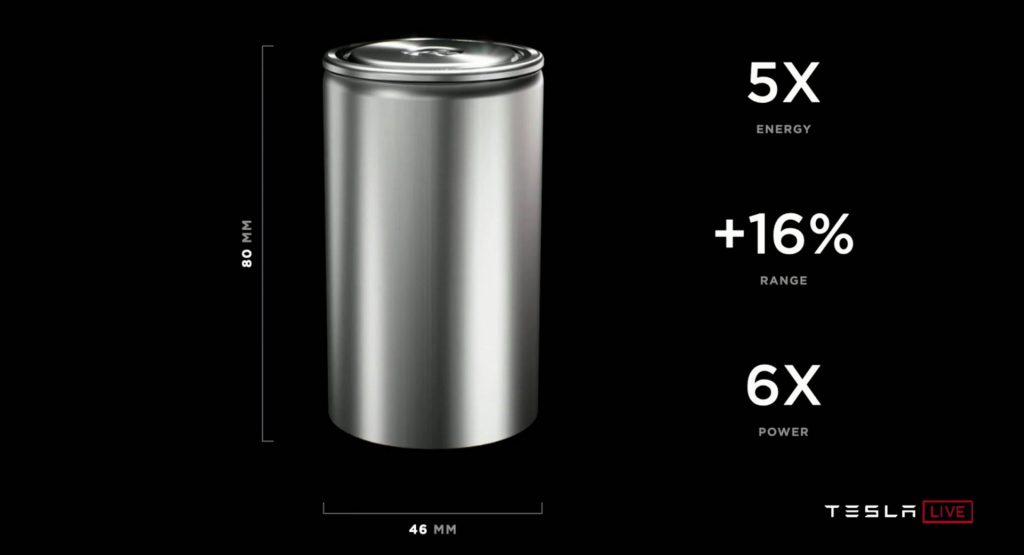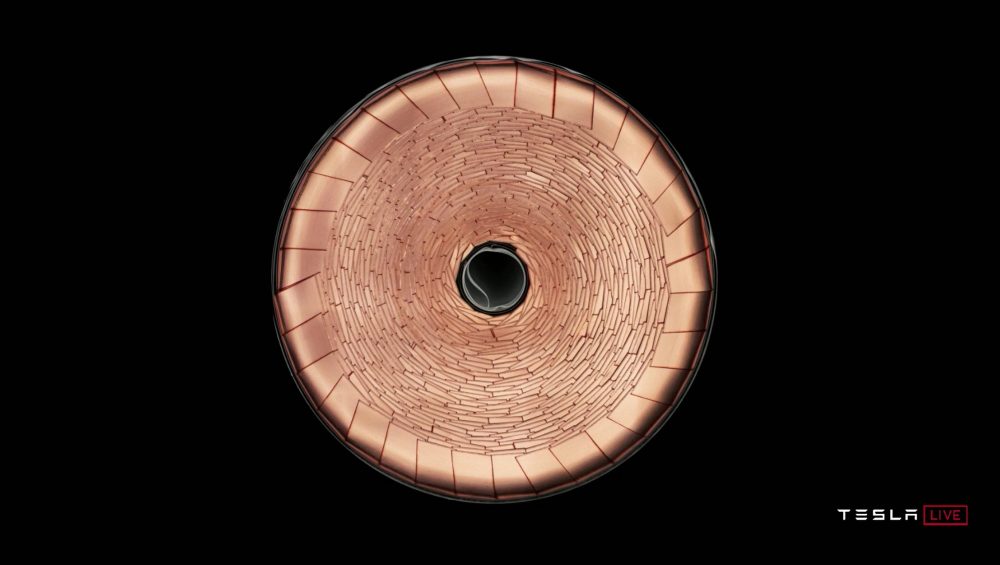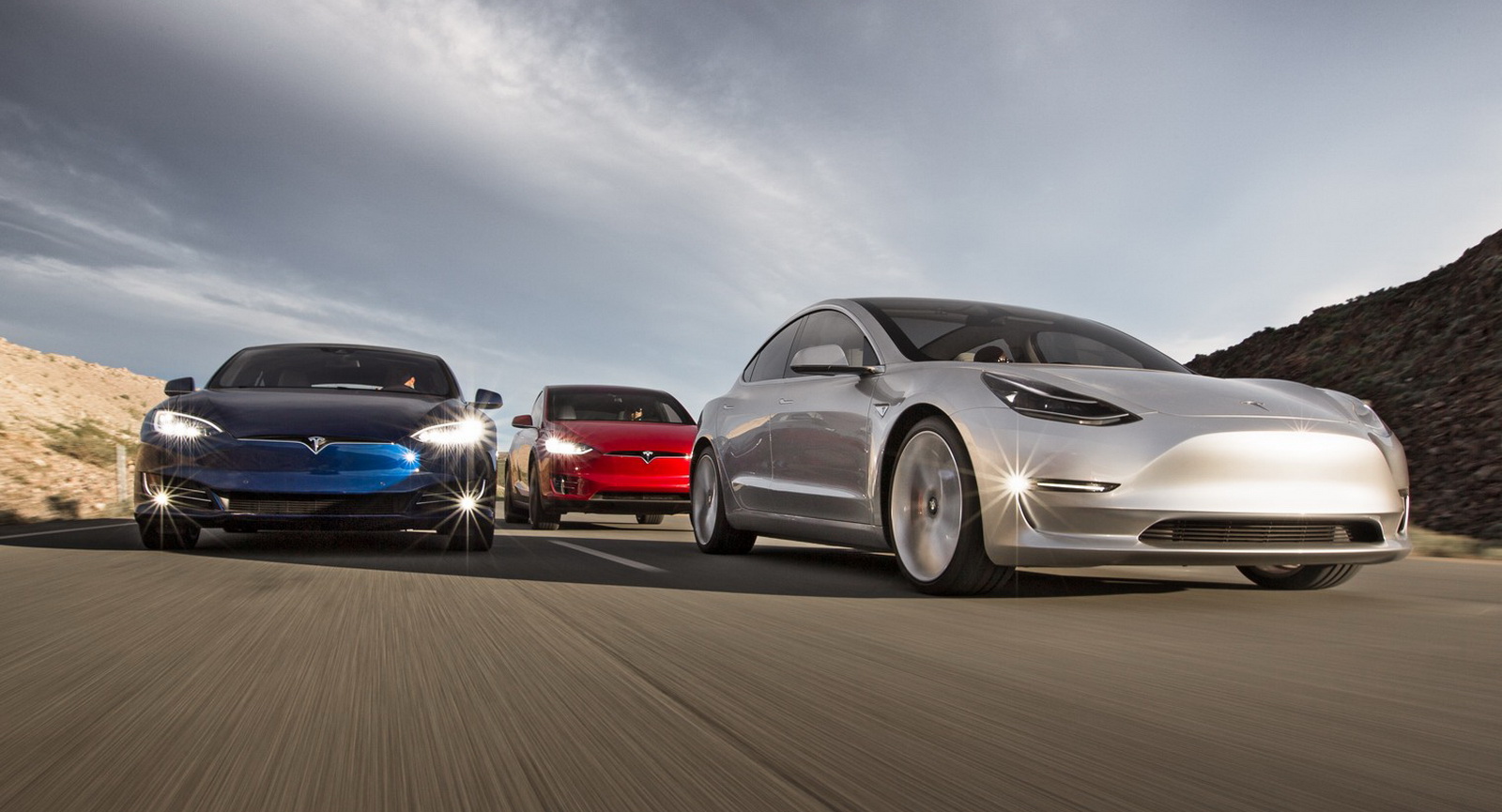Panasonic has high hopes for Tesla’s new 4680 battery cells but admits producing them will be a challenge.
The new 4680 cells were unveiled by Elon Musk last September and will be pivotal in the automaker’s plans to sell a forthcoming model for just $25,000. Tesla will build some of these cells in-house but Panasonic also plans to produce them.
The new cells are five times the size of the 1865 and 2170 cells that Panasonic already supplies Tesla. This larger size means fewer will be needed to power an electric vehicle and according to Panasonic’s EV battery chief Yasuaki Takamoto, this also means fewer parts will be needed to make battery packs.
There are some drawbacks to the 4680 cells, however. Takamoto says that they are more prone to overheating as it is difficult to disperse heat from their center. They are also more susceptible to particle contamination that can cause fires in electric vehicles. Fortunately, Panasonic believes its experience in already producing 2.5 billion cells a year will help it to make the 4680 cells a reality without major issues.
Musk believes the new cells will be instrumental in helping Tesla sell 20 million EVs a year by 2030 (an impossible target if you ask us…) and is also having discussions with other battery makers to make the cells. Speaking with Auto News, Takamoto said Panasonic plans to sell the 4680 cells to other companies in addition to Tesla.
Read Also: LG Wants To Build New Battery Cells For Tesla From 2023 In The U.S. Or Europe
“Working with a partner like Panasonic that has extensive experience in large-scale cell manufacturing will boost the likelihood of Tesla achieving the targets the company outlined at its Battery Day event,” noted BloombergNEF analyst James Frith.
There are still some that remain unconvinced the 4680 cells can actually be produced at scale.
“There are significant technological issues to get past, issues that many in the industry have been trying to tackle for years,” transportation and mobility analyst at Wood Mackenzie Ram Chandrasekaran said. “If achievable, these battery cells would be groundbreaking. But the jury’s still out on whether they’re deliverable.”





